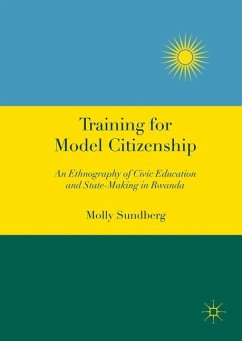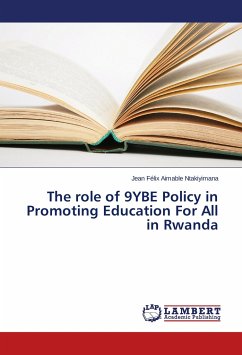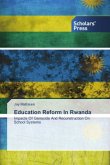This book explores the state in post-genocide Rwanda through an ethnography of a state-run civic education program and everyday forms of government.
In 2007, the Rwandan government introduced a nationwide civic education program, called Itorero, to teach all inhabitants about its vision of the model Rwandan citizen. Since then, this ideal has been pursued through remote training camps, village assemblies, and daily government practices. Based on ethnographic research of the life and workings of Itorero camps and the day-to-day administration of a local neighborhood in Kigali, this book investigates how such a pursuit has come to affect Rwandans' relation to the state and what it may tell us about modern forms of authoritarian rule.
In 2007, the Rwandan government introduced a nationwide civic education program, called Itorero, to teach all inhabitants about its vision of the model Rwandan citizen. Since then, this ideal has been pursued through remote training camps, village assemblies, and daily government practices. Based on ethnographic research of the life and workings of Itorero camps and the day-to-day administration of a local neighborhood in Kigali, this book investigates how such a pursuit has come to affect Rwandans' relation to the state and what it may tell us about modern forms of authoritarian rule.








